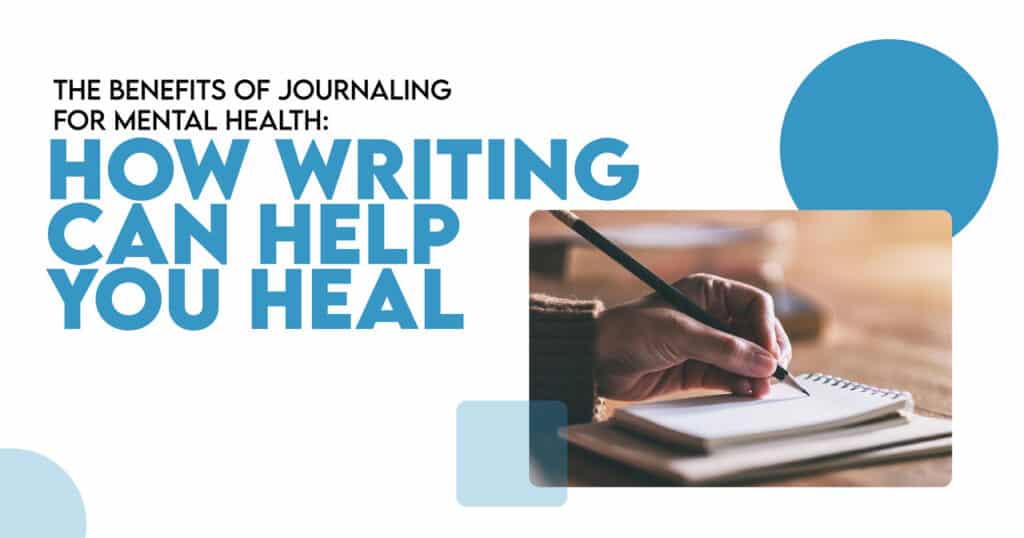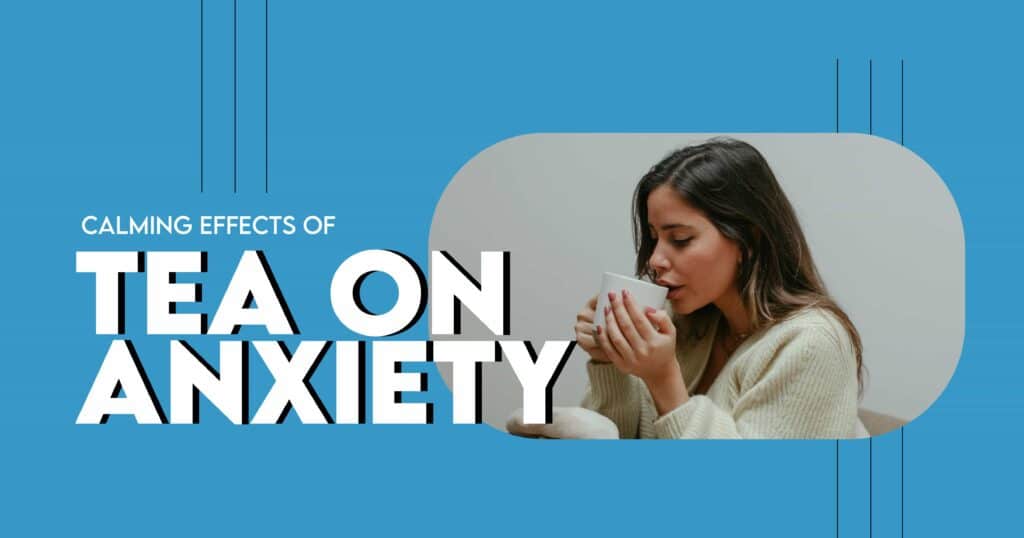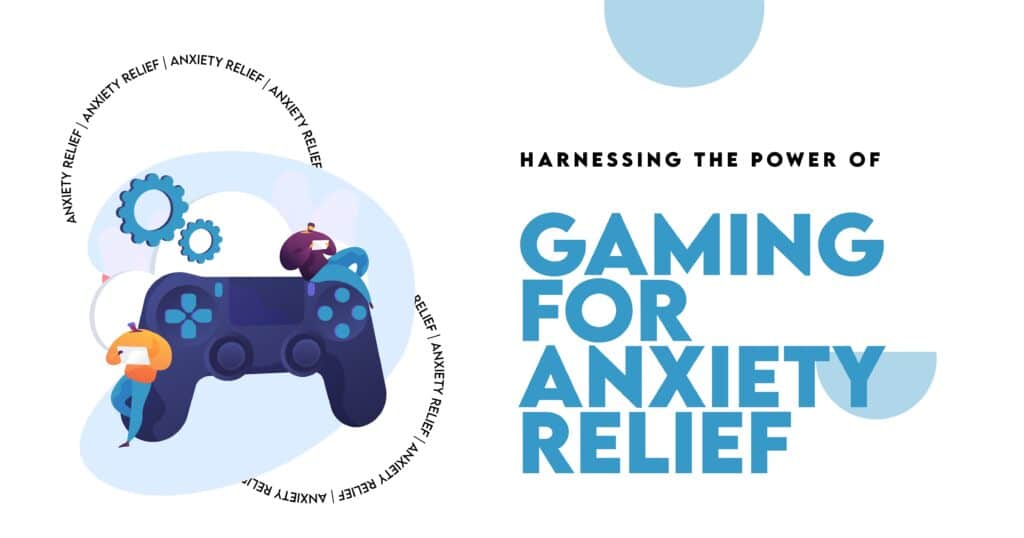Considering so many obligations, feelings, and life stressors may be challenging. Many individuals are searching for strategies to take care of their mental health, and journaling is one resource that is sometimes disregarded.
Writing by hand or typing on a computer screen can immensely benefit mental health. This blog will discuss the advantages of journaling for mental health, its potential as a therapeutic tool, and how to get started.
Introduction to Journaling and Mental Health
What Is Journaling?
Journaling is routinely jotting down thoughts, feelings, and experiences. It can be kept in various formats, from digital entries in applications to conventional pen-and-paper diaries. Whatever the format, journaling serves the same function of giving people a way to organize their ideas, express their emotions, and reflect on their lives.
The Rise of Journaling in Mental Health Practices
Journaling has become increasingly therapeutically valuable for mental health specialists over the last ten years. Research has indicated that writing can aid in stress reduction, anxiety management, and even trauma healing. An increasing number of people are using journaling as a self-care tool, whether through bullet journaling, expressive writing, or daily updates.
Emotional and Mental Health Benefits of Journaling
Journaling for Stress Relief
Relieving stress is one of journaling’s most direct advantages. Writing about your fears and anxiety may alleviate you and release repressed feelings. Writing down your ideas allows you to view things more objectively, frequently making stressful situations feel more bearable.
Tip: The next time you feel stressed, journal everything on your mind for ten minutes. Afterward, you might be astonished at how much lighter you feel!
Reducing Anxiety and Depression Through Writing
Writing in a journal can be a very effective therapy for those experiencing anxiety or despair. Writing creates a secure area for you to process and face unpleasant feelings, which can lessen your worry and lift your spirits in general.
For instance, writing about a stressful experience or emotion enables you to examine it from several viewpoints and provide fresh insights. Anxious feelings may seem less overwhelming as a result of this approach.
How Journaling Builds Self-Awareness and Emotional Intelligence
Writing in a journal develops self-awareness and aids with emotional processing. You can spot patterns in your ideas and actions by putting your sentiments down on paper. This improves your emotional intelligence, enabling you to control and comprehend your emotions more effectively.
For instance, you might have seen that you get uncomfortable or stressed out whenever you write about work. This may indicate that you need to start handling work-related stress more healthily.
Improving Mood and Mental Clarity through Journaling
Writing in a journal facilitates mental organization and helps you concentrate on the critical things. By keeping a journal, you are freeing your mind to focus on other crucial things. This may increase mental clarity, enhanced focus, and better mood regulation.
Popular Types of Journaling for Mental Health
Gratitude Journaling
Writing in a gratitude diary is all about concentrating on the good. By making a daily list of the things you are thankful for, you may teach your brain to see the positive aspects of life. This practice can significantly enhance your perspective on life and mood.
How to get started: Note three things you are thankful for every morning. These might be big things like a loved one’s support or tiny things like a steaming cup of coffee. You’ll discover that this small habit significantly impacts your daily routine over time.
Bullet Journaling for Organization and Mental Peace
Using a bullet journal allows you to be both creative and organized. It entails keeping track of assignments, objectives, and ideas using lists, symbols, and bullet points. This technique reduces stress by keeping you more organized, improving your time management, and making you feel like you have more control over your life.
Reflective Journaling for Personal Growth
Writing in a reflective notebook involves taking stock of your day, week, or life and evaluating what went well, what didn’t, and how you felt at each point. This type of journaling promotes self-growth by helping you plan for future changes and learn from experiences.
Daily Journaling for Tracking Moods and Emotions
Keep a daily notebook to help you discover emotional triggers if you have trouble recognizing them. As you monitor your feelings and moods, you’ll see trends. When you become aware of a certain mood reoccurring or lingering for an extended period, you can take appropriate action.
Tip: This is a quick and essential journaling exercise in which you can reflect on your mood at the beginning and end of each day using simple emojis or symbols.
Therapeutic Techniques for Effective Journaling
Freewriting for Emotional Expression
Writing continuously over a predetermined period without bothering about syntax, punctuation, or organization is freewriting. The aim is to think freely. Emotional release occurs when feelings you might not know of come to the surface through freewriting.
The Power of Writing Prompts for Healing
It can be challenging to know where to begin at times. In times like these, writing prompts can help you stay on track and develop ideas for new writing. You can delve deeper into your emotional exploration by answering questions like “What brings me joy?” or “What has been weighing on my mind recently?
Goal-Oriented Journaling for Motivation and Focus
Journaling can also effectively facilitate goal-setting and monitoring. By putting your goals on paper, you demonstrate your dedication to reaching them. Furthermore, reviewing your diary entries can help you stay motivated and focused by reminding you of your accomplishments.
How to Start Journaling for Mental Health
Finding the Right Journal Style for You
Before you begin, consider which journaling media will work best for you. Do you prefer typing on your phone or laptop or writing in an actual notebook with all the tactile feel? It all comes down to what feels most natural and effortless. There is no right or wrong approach.
Setting a Journaling Routine That Sticks
Consistency is the key to journaling’s positive effects on mental health. Start with just five minutes a day to establish journaling as a habit. Whether it’s first thing in the morning or right before bed, figure out what time works best for you and stick with it.
Tip: Don’t stress over creating endless pages of information. A few phrases can make an impact!
Overcoming the Fear of Writing (Even If You’re Not a “Writer”)
Don’t worry if journaling scares you since you don’t think of yourself as a “writer.” The goal of journaling is not to compose flawless sentences. It has to do with communicating your feelings and ideas. Forget about worrying about being judged, even by yourself, and just write out whatever comes to mind.
Scientific Research on Journaling and Mental Health
Studies on Journaling and Emotional Well-Being
Numerous research have demonstrated the benefits of journaling for mental health. Writing that is expressive, in particular, has been shown to lessen anxiety and depressive symptoms. People find that writing about their emotional experiences gives them a better understanding of and control over their feelings.
The Impact of Journaling on Cognitive Function
Journaling has cognitive benefits in addition to emotional ones. Maintaining a journal can help with memory and problem-solving abilities. Writing activates the brain’s creative and analytical regions, improving cognitive performance.
The Role of Writing in Trauma Recovery
Another helpful strategy for trauma rehabilitation is journaling. Writing about horrific events enables people to understand and analyze their feelings. More emotional resilience and a sense of empowerment may result from this.
Personal Stories: How Journaling Transformed Mental Health
Many people report that journaling has changed their lives. Consider Sarah as an example. She spent years battling anxiety and discovered that conventional therapy was insufficient on its own. Sarah started journaling every night after being advised to do so by her therapist. She gradually saw a marked decrease in her anxiety and an improvement in her emotional clarity.
Final Thoughts on Journaling for Mental Health
Journaling is a self-discovery and healing technique that involves more than just writing. Journaling is an easy yet practical approach to looking after your mental health, whether you’re dealing with stress, anxiety, depression, or just want to increase your mental clarity.
FAQs
- How often should I journal for mental health benefits?
Ideally, journaling should be a daily practice, even just for a few minutes. Consistency is key.
- Can journaling replace therapy?
Journaling is a great complementary tool to therapy but should not be seen as a replacement for professional help when needed.
- What if I don’t know what to write about?
Using writing prompts can help guide your thoughts and get you started.
- How long should my journal entries be?
There’s no set length for journal entries; write as much or as little as you feel comfortable.
- Can journaling make my mental health worse?
In some cases, writing about traumatic experiences without proper support can be overwhelming. If this happens, it’s essential to seek help from a mental health professional.








